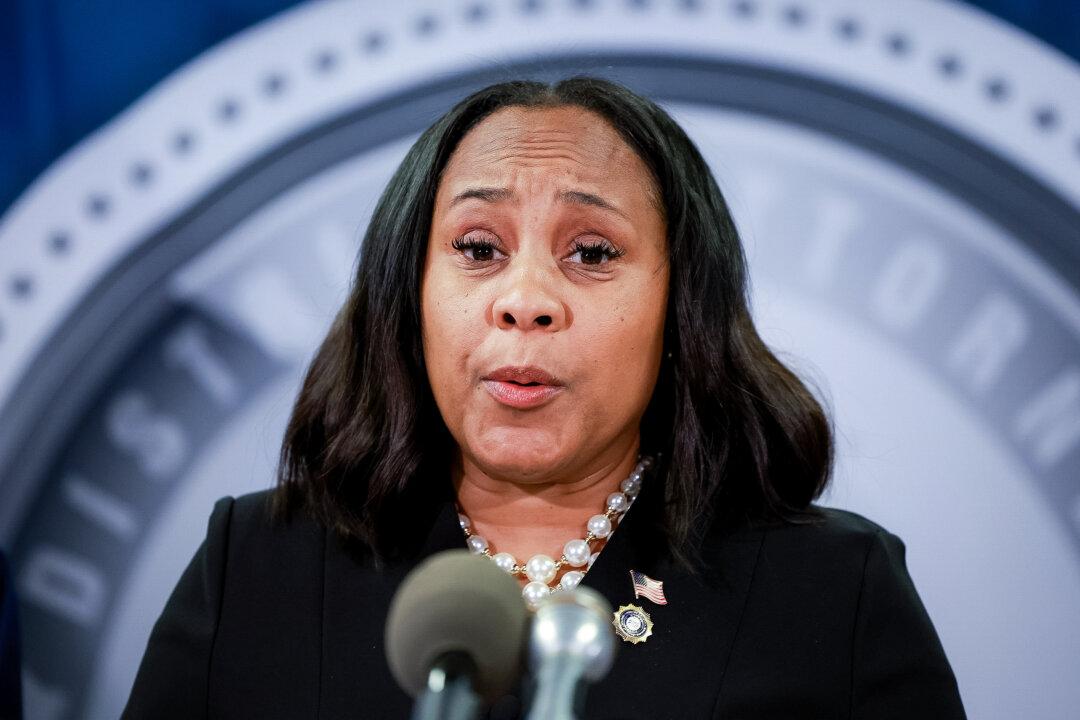Update: The judge issued a ruling on Friday, ordering either the district attorney or her special prosecutor to step down from the case.
On March 1, Fulton County Superior Court Judge Scott McAfee heard closing arguments regarding a motion to dismiss Fulton County District Attorney Fani Willis from prosecuting a high-profile racketeering case against former President Donald Trump and 14 others, deciding that he would issue a ruling within two weeks rather than reopening evidence as the parties requested.





